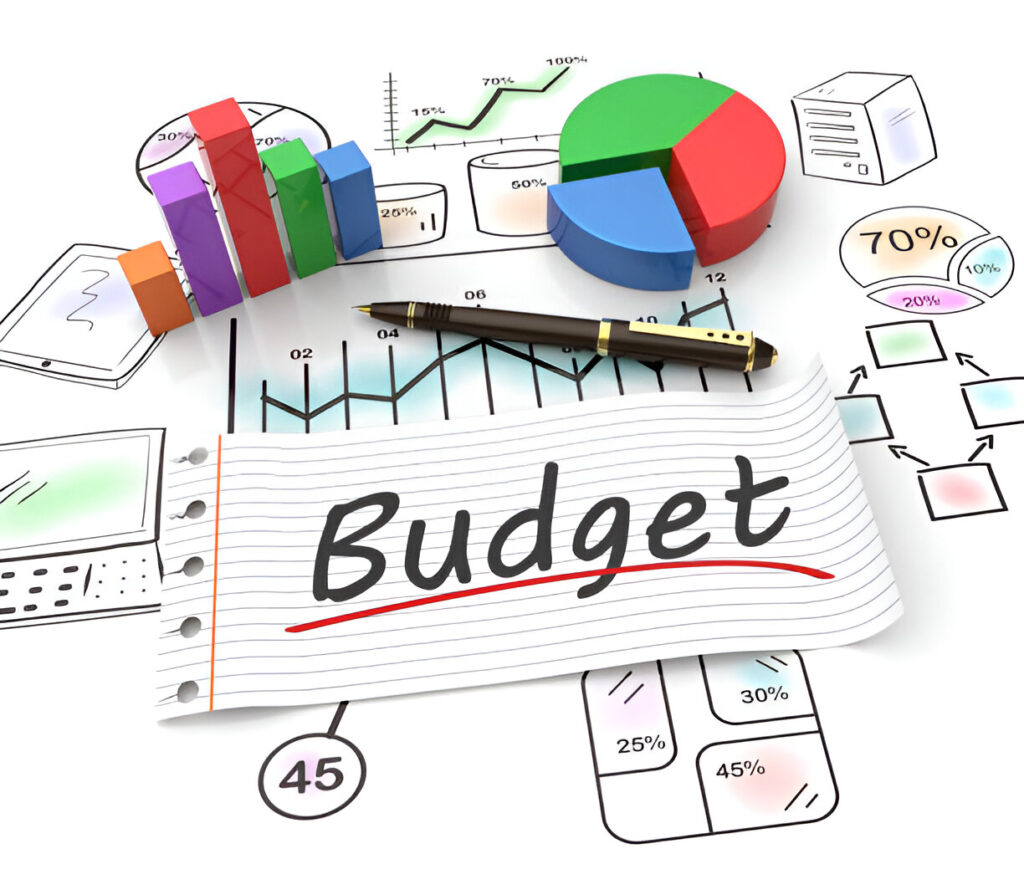
You’re young, starting a new chapter in life, and you have money to spend. But are you using your money wisely? Are you saving for your future? If the answer to these questions is “no,” don’t worry. You’re not alone. Today, we’ll tell you how you can manage your finances better and lay a strong financial foundation.
Why is budget necessary?
Budgeting may seem boring or difficult to many people. But the truth is that budgeting is the key to your financial freedom. It helps you control your expenses, achieve your goals, and prepare for the future.
As explained on Finance-Pal , “A budget is a roadmap for your money. It tells you where you are and where you want to go.”
how to get started?
1. Find out your income
First, write down all your income sources. This can include your salary, freelance work, or any other income. This will give you a clear picture of how much you are earning.
2. Track your expenses
The next step is to write down all your expenses. This includes rent, electricity bill, food, entertainment, and even small expenses. Note down every expense for a month. You will be surprised how small things add up to a big amount.
3. Differentiate between essential and non-essential expenses
Now divide your expenses into two categories – essential and non-essential. Essential expenses are those that are necessary for your life, like rent, food, and electricity bills. Non-essential expenses are those that you can reduce or stop, like eating at expensive restaurants or buying new gadgets.
4. Follow the 50-30-20 rule
This is a simple but effective rule of thumb. Use your income:
- 50% on essential expenses
- 30% on your wishes
- Spend 20% on savings and investments
This rule will help you create a balanced budget.
Importance of savings and investments
When you’re young, it may seem a little weird to talk about saving and investing. But this is the time to start. According to information on Finance-Pal , “Starting early allows you to take advantage of compound interest, which helps your money grow over time.”
Create an emergency fund
First, create an emergency fund. This is an amount that can cover your expenses for 3-6 months. This will help you in unforeseen circumstances.
Open a Savings Account
Open a savings account with a good interest rate. This will grow your savings slowly.
Start investing
Start investing in mutual funds or the stock market. But remember, do thorough research before investing and seek help from a financial advisor if needed.
Tips to reduce expenses
- Cook at home: Cook at home instead of eating out. It will not only be cheaper but healthier too.
- Review subscriptions: Are you actually using all the OTT platforms you are paying for? Cancel the ones that are not essential.
- Find affordable entertainment: Instead of going to an expensive party or club, plan a picnic or movie night with friends.
- Use public transport: If possible, use public transport instead of a car. It is not only economical but also good for the environment.
- Buy second hand: Instead of buying new clothes or furniture, consider second hand options. You can find good quality items at a lower price.
Avoid debt
Avoid high-interest debt like credit cards and personal loans. If you already have debt, make paying it off a priority. “Being debt-free is the first step toward your financial freedom,” states Finance-Pal .
Set your goals
Set small and big financial goals. It could be buying a new phone or buying your own house. Write down these goals and make a plan to achieve them.
Review your budget regularly
Review your budget every month. See where you were successful and where you need improvement. Remember, budgeting is a dynamic process and can be adjusted according to your changing circumstances.
conclusion
Budgeting is an art that improves over time. It may seem difficult at first, but be patient. As you make it a part of your daily routine, you will see how much easier and stress-free it makes your life.
Remember, budgeting isn’t about limiting your money. It’s about helping you use your money better and achieve your dreams. So get started today and improve your financial future.
As Finance-Pal says, “Small steps lead to big results. Your small savings today can become your big dream tomorrow.”
We wish you success in this journey to improve your financial life!

